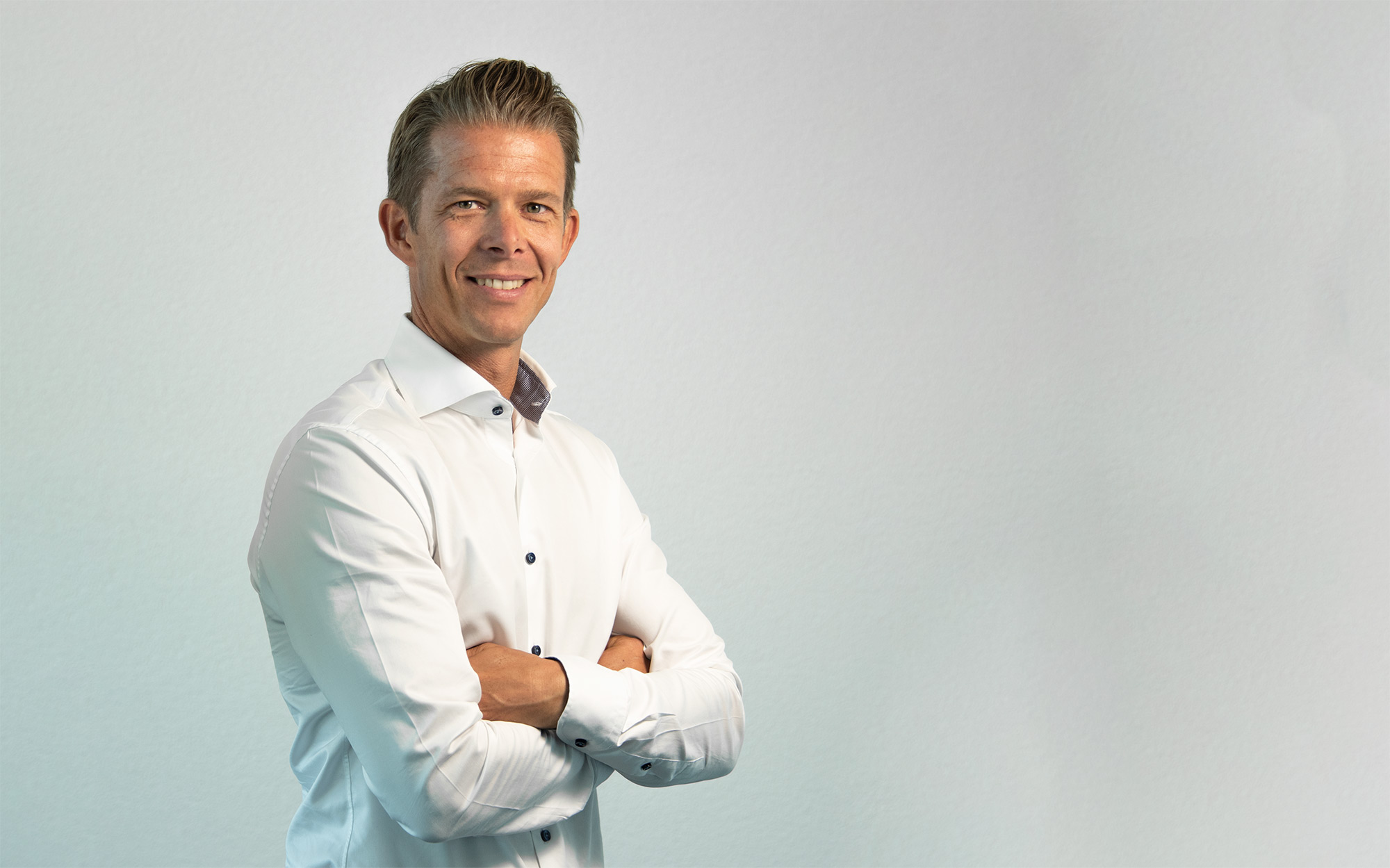Company News
A Q&A with Karl Bohman

Karl Bohman was appointed executive vice president of Leclanché’s Stationary business group in October 2020. He is a proven cleantech business leader, tech entrepreneur and international business expansion specialist with more than a decade of industry experience in the renewable and storage sector. You can read more about his appointment here. We’re excited to have Karl join us and decided to meet with him to get a better understanding of his passion and vision for the battery storage industry.
Q: You have spent more than a decade in clean tech. What attracted you to this market and is the excitement still there?
Karl: I spent the first 10 years of my career working in a variety of markets – from wireless technology at Ericsson to cargo security to a mobile app platform. Along the way, I founded two companies and sold one to General Electric. But my move into the clean technology market is where I found my calling.
I have always had a passion to do something impactful for society; something that has real meaning and positively impacts people’s lives. It may sound corny, but I want to help serve a higher purpose.
All of my experiences in the clean tech market have done just that – from my work with Predect, a Swedish company focused on applied research, development and marketing of early warning systems for the real-time detection of micro-contaminants in water; to my nearly eight years at SaltX Technology, a company that had a process for storing energy in nanocoated salt and converting it to heating and cooling while reducing energy consumption – and cost – by a third.
Q: Does Leclanché fit that model?
Karl: Leclanché does more than check all the boxes; the company’s long-term game plan and vision is groundbreaking and market-making – well beyond innovative.
Q: So, what are the challenges affecting battery storage technology?
Karl: They have changed radically in just the last half dozen years. Previously the discussion was around the cost of the hardware when battery storage was about $1,000 per kilowatt hour. But with the industry scaling up, technology improving and demand increasing thanks to the “pull” of the automotive and other industry segments, that cost is going down to $150 to $200 per kilowatt hour. Storage capacity is being built-up aggressively in Europe and China. All of this translates to cost being removed as the key barrier.
The real challenge is in adjusting to the best business model – a bit less focus on the technology itself – though Leclanché aces that quite well – and a pivot to integrating the technology into various industries and applications. Leclanché is a prime example of that with its specialization in microgrids, grid stabilization and other projects for private and commercial developers as well as its expansion into all forms of mass transit – ferries, container vessels, trains, buses, autonomous vehicles and more.
Q: What else do you envision?
Karl: This is the sexy and exciting part. Leclanché’s vision, and my own, is to remake the storage business model and look at it as a service business. Utilities, governments and corporate end-users would be willing to pay for power, hopefully renewably generated, if it is reliable and just works. We want to remove the friction of large scale CAPEX expenses involving specifying a system; purchasing the batteries, inverters, energy management and battery management system software; and paying for construction and implementation. Instead, they would pay for it as a typical operating expense (OPEX).
Q: Is Leclanché there yet?
Karl: We are preparing the platform for that business shift. It is a new paradigm and there are not many others going down that path – yet. There are, in fact, some companies that act as a virtual power plant (VPP) and are starting to offer energy as a service. Our team here is setting up a Build-Own-Operate business that will offer energy as a service. The company is truly a pioneer in the model – with the extra advantages of its Swiss and German advanced technology, expertise and proven track record of implementation.
Q: What makes you confident that Leclanché can pull this off?
Karl: Leclanché is both a seasoned veteran and a start-up. As a long-term player, we have 110-years’ experience in battery chemistry and technology under our belt. And the company has expanded its intellectual property to include its own battery management system and energy management systems. But Leclanché as a “start-up” has developed significant expertise as a system integrator and project manager with more than 100MW hours under its belt. We know how to design, build and operate projects seamlessly.
The challenge now is to become more agile and execute on our vision faster. But we’re clever enough to understand that we will not do it alone. Leclanché will need to form partnerships with other entities, contributing our technology, knowledge and expertise to build this energy as a service platform.
Q: What excites you most about this rapidly evolving battery storage market?
Karl: Storage is resembling the early days of the wireless telecom market. When I started at Ericsson, the market was undergoing explosive growth in preparation for 3G wireless. That market would eventually grow from millions of users to today’s billions of users globally. I believe the storage market will follow a similar pattern – it is a small niche today, but the potential is enormous. Leclanché has the vision, human talent and technology to be a significant player in that market both as a participant and a market-maker.